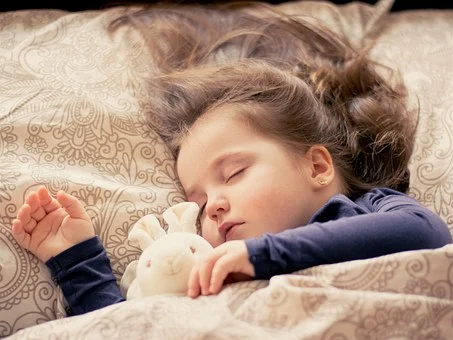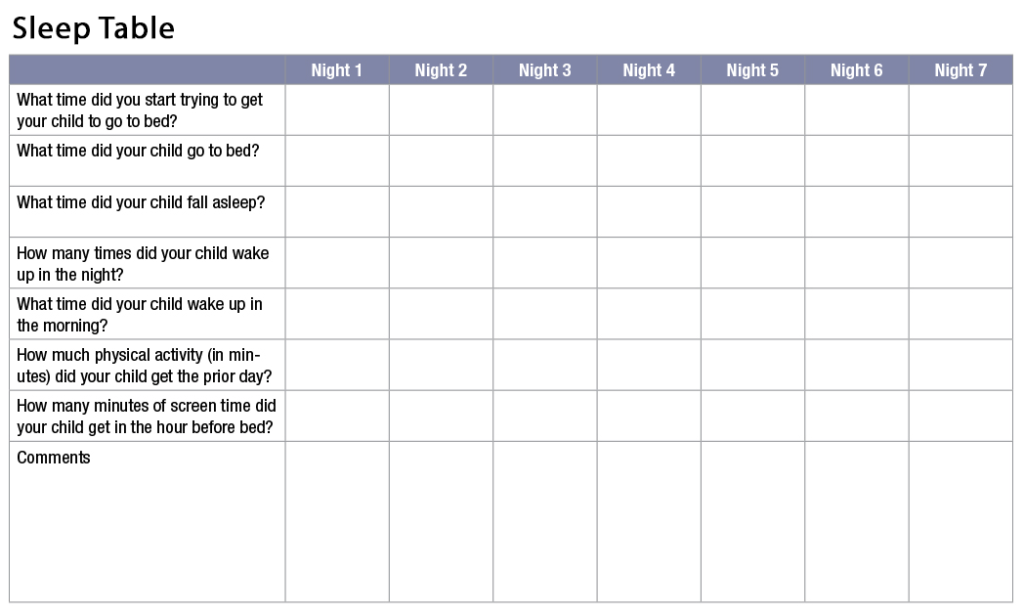Sleep for Kids: Get Your ZZZZS

Does your child struggle with sleep? Approximately 50% of children have difficulty with it, and difficulties in this area are more prevalent in children with chronic illness or sensory processing disorders. Chronic symptoms, such as asthma or arthritis, cause wakefulness which further worsens symptoms. Sleep difficulties can impact many areas of childhood, including academics, play, self-care, problem solving, and social emotional wellness. Not only does less sleep impact children, it also decreases quality of life for parents/families. It can also be a cause of excessive stress. Sleep is considered an important occupation. It is necessary to address difficulties in order to optimize a child’s function during day-to-day tasks.
An occupational therapist can evaluate environmental factors by scheduling a home visit. They will compile a profile on the child’s unique needs. Then the occupational therapist will work with your family to begin tracking patterns using a diary. They will evaluate schedules including nap times and nighttime wakefulness.

Ways to Improve Your Child’s Sleep Hygiene
- Consistent routines, including a regular bedtime
- Warm baths
- Utilize calming essential oils
- Limit use of electronic devices before bed
- Increase opportunities for outdoor play and exercise
- Limit intake of fluids before bedtime which may cause frequent bathroom trips
- Do not allow your child to use their bed for leisure activities or play-associate the bed with sleep
- Meditation apps/music or reading before bed
- Blackout curtains
- Establish child’s comfort for various materials and provide pajamas and sheets that match these sensory preferences, such a jersey knit or flannel
- Keep the room at a comfortable and cool temperature
Now that you have adjusted the environment and family routines, you and your child can experience a restful night. This will lead to improved behavioral outcomes, play, academic engagement, and overall quality of life. Check out Sleep for Adults to learn more about helping yourself.
Reference
- American Occupational Therapy Association. (2017). Occupational Therapy’s Role in Sleep [fact sheet].
